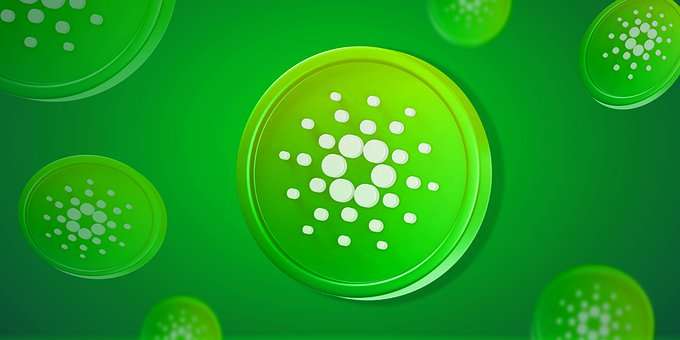
- The Cardano team has made some improvements to its wallet services, smart contracts, and scaling solutions.
- This includes testing the new Ledger hardware wallet firmware, improvising smart contracts capacity, etc.
The Cardano blockchain continues to make progress with the development team working on new updates around the corner. Cardano’s parent group Input Output Global (IOG) recently released new updates and progress of work for the Cardano network.
The development team at Cardano has started reviewing the ouroboros-network, Cardano-ledger, and Cardano-node repositories for open-source readiness. Ouroborous is a Cardano-based proof-of-stake protocol that improves the security guarantees of proof-of-work at a fraction of the cost. Besides, the ledger team is also working with the Plutus team to build a user-friendly Cardano-ledger-API package.
Over the last week, the Cardano team has made some improvements to its wallet services, smart contracts, and scaling solutions.
Every Friday, we publish our weekly #Cardano development update. So for the lowdown on what IOG’s dev team has been working on last week, head on over and take a look👇 https://t.co/UZEaMastLj
— Input Output (@InputOutputHK) December 16, 2022
Cardano wallets and services
The Daedulus team tested the new Ledger hardware wallet firmware. Additionally, they have also been working on the Lace desktop environment. The team has fixed some issues which surfaced after importing Lace browser components into the Lace desktop app.
The team has announced that the Lace Explorers Beta program was a major success. Thus, Lace is now available for public testing with test tokens. This gives the team a first-hand experience to test the platform before its mainnet deployment.
At the same time, the Adrestia team worked on updating the Cardano wallet to support node v.1.35.4. They are now making some final updates to Cardano-rosetta to prepare it for the next major release.
Cardano smart contracts
Plutus, the dedicated team behind Cardano smart contracts, worked on increasing the script capacity of the Plutus debugger MVP. They also worked on building Marconi indexers in order to address the technical debt.
The Marlowe team worked on altering the stabilization-pool contract such that it doesn’t exceed protocol limits. Besides, the team has planned for Marlowe Runtime scalability testing while fixing an omission in the Marlowe specification.
Scaling
The Cardano team has been working on the much-awaited scalability solution Hydra. The Hydra team is working on completing the ‘Validate coordinated Head protocol against formal model’ initiative which will ensure that the protocol implementation is secure. They are also working on implementing ADR21 which relates to bounded transaction validity.
The Hydra team is close to ending the first phase of Obsidian Systems’ Hydra for Payments project and reviewed and submitted the potential issues. On the other hand, the Mithril team has implemented a workflow that would allow the testing of clients’ binaries produced for multiple platforms such as Windows, macOS, and Linux.
At the same time, the Cardano development team has made some development on the governance front.







